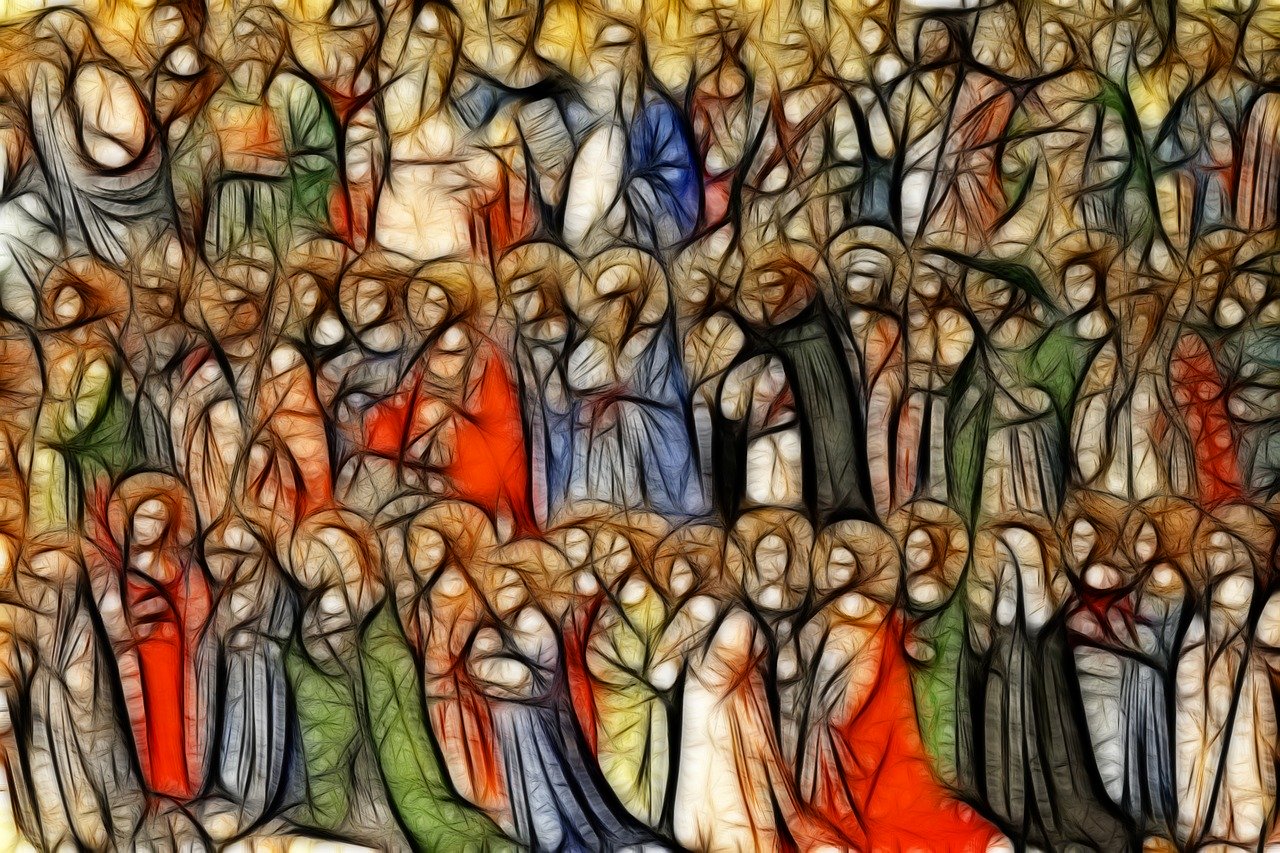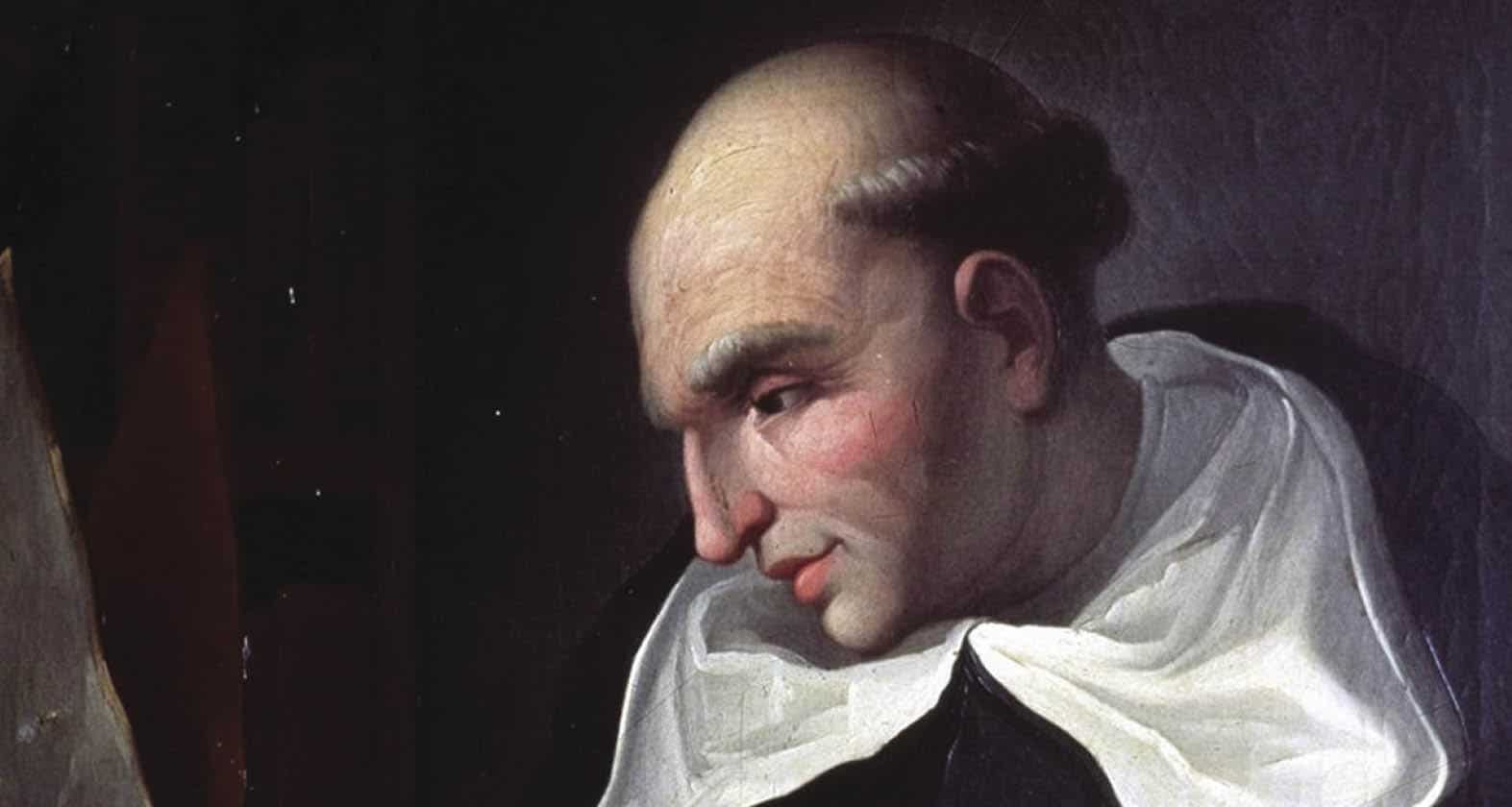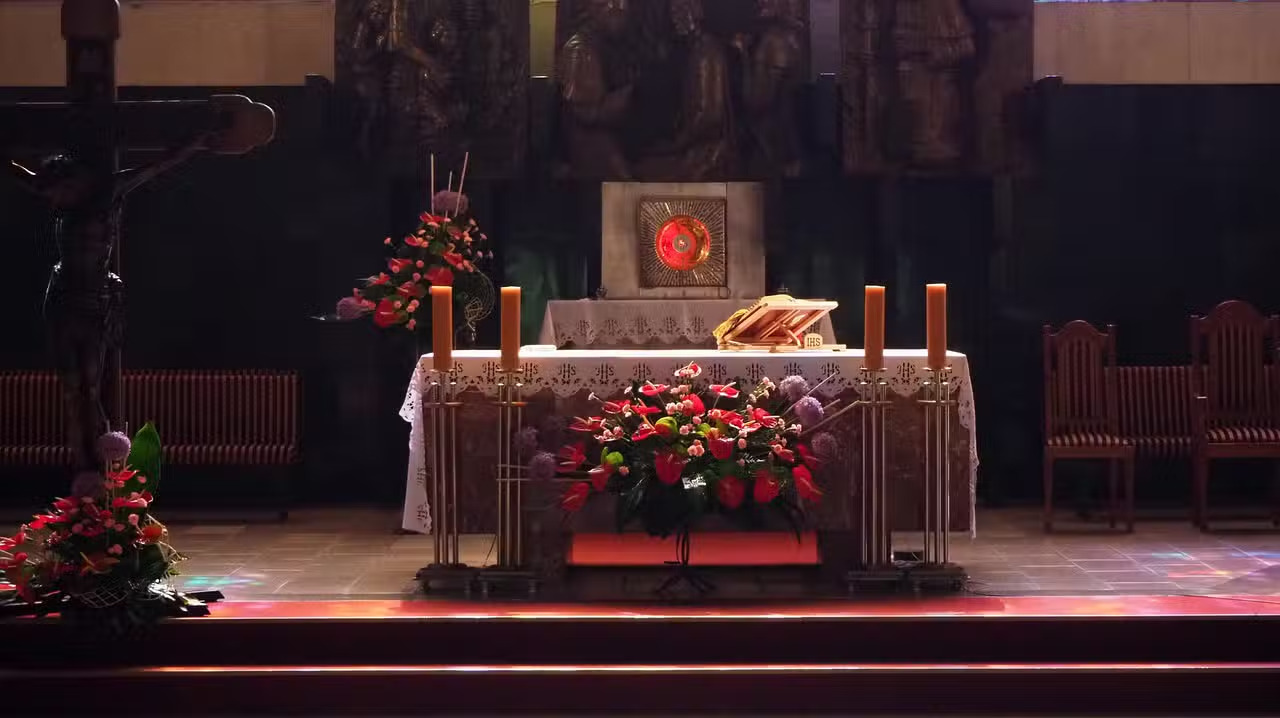
Look to the Light
Reflect Sometimes, for whatever reason, life can seem pretty dark. It can almost feel as if it is enveloping you. But in those times, we
Find what you’re looking for

Reflect Sometimes, for whatever reason, life can seem pretty dark. It can almost feel as if it is enveloping you. But in those times, we

Q: The feast of Saint Charles Lwanga and companion martyrs (June 3) recently raised a question for me. On July 17, 1794, 16 Carmelite nuns were guillotined in Compiègne, France, for their faith. As a secular Carmelite, I have always considered them a beacon of love and uncompromising faith. Doesn’t the fact that they were martyred for their faith automatically make them saints? Why would any miracles be needed?

The Gospel of Mary is one of many Scriptures that was not accepted by the Church for inclusion in the New Testament.

Reflect Letting go of what is familiar can feel like losing our footing. We remember the old paths because they feel safe and known. But

Call it tribalism, but I’ve always cast a skeptical eye on the Dominicans ever since I learned about their role in the Inquisition. Do you have any advice for thinking about historical misdeeds?

Ask someone how they are doing today. Not just a “How are you?” with a “I’m good” response in passing, but genuinely sit down and have a conversation with a friend, family member, or even a coworker.

Folding rather than hanging our clothes is a lot like praying rather than worrying about our lives.

God has made known that he loves us as his own children. And God desires that we live as members of his family and come to him with our needs.

Reflect Is it something that you think about often that Our Lady is the greatest theologian to ever exist? Pray Mary Most Holy, the moment that

It is no coincidence that, by opening up our own hearts and asking our community of believers to join us, we began to witness the power of prayer.